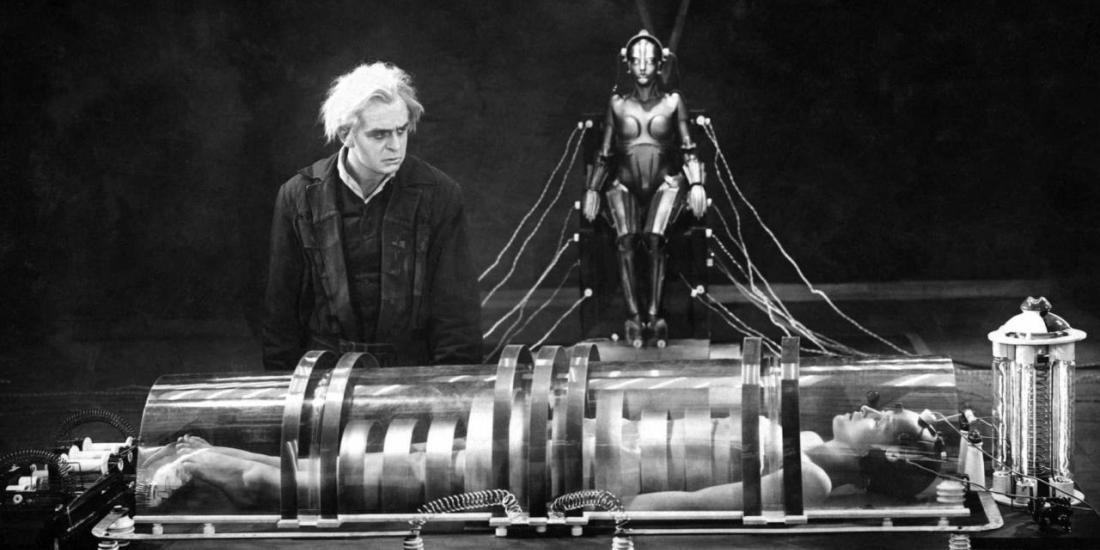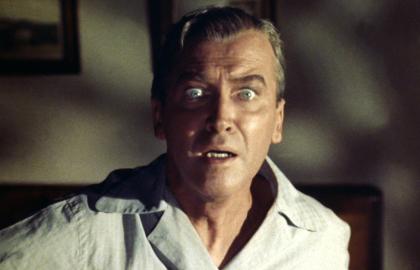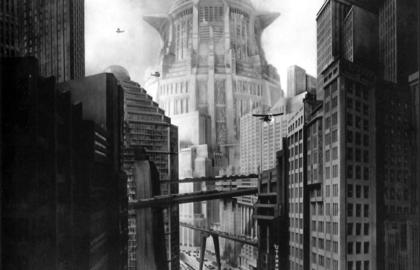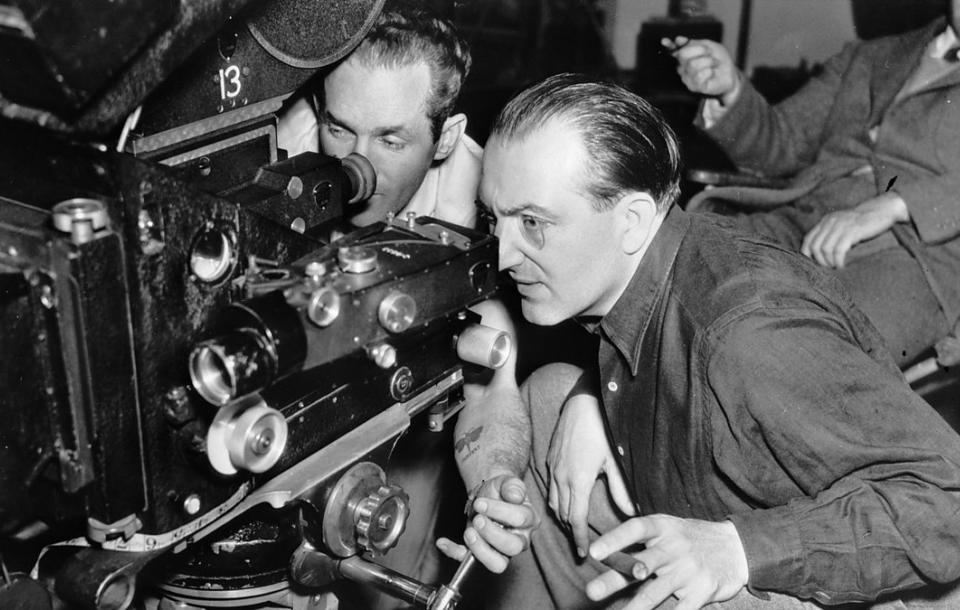
1927: the world’s first cinematic sci-fi epic
Fritz Lang directed Metropolis in 1927. The film was to go down in history as the very first science fiction film. Despite its success, the director was not keen on it himself:
“You cannot make a social-conscious picture in which you say that the intermediary between the hand and the brain is the heart. I mean, that’s a fairy tale – definitely. But I was very interested in machines. Anyway, I didn’t like the picture – thought it was silly and stupid – then, when I saw the astronauts: what else are they but part of a machine? It’s very hard to talk about pictures — should I say now that I like Metropolis because something I have seen in my imagination comes true, when I detested it after it was finished?” – Fritz Lang, shortly before his death in 1976
Lang was far from the only one to criticise the film from time to time. Critics hailed the striking images and ambitious technical tricks, but derided its hackneyed melodrama. In the New York Times, the author H.G. Wells attacked the film’s anti-progress and anti-technology message, accused the film of plagiarising several earlier works (including his own) and called Metropolis “quite the silliest film".
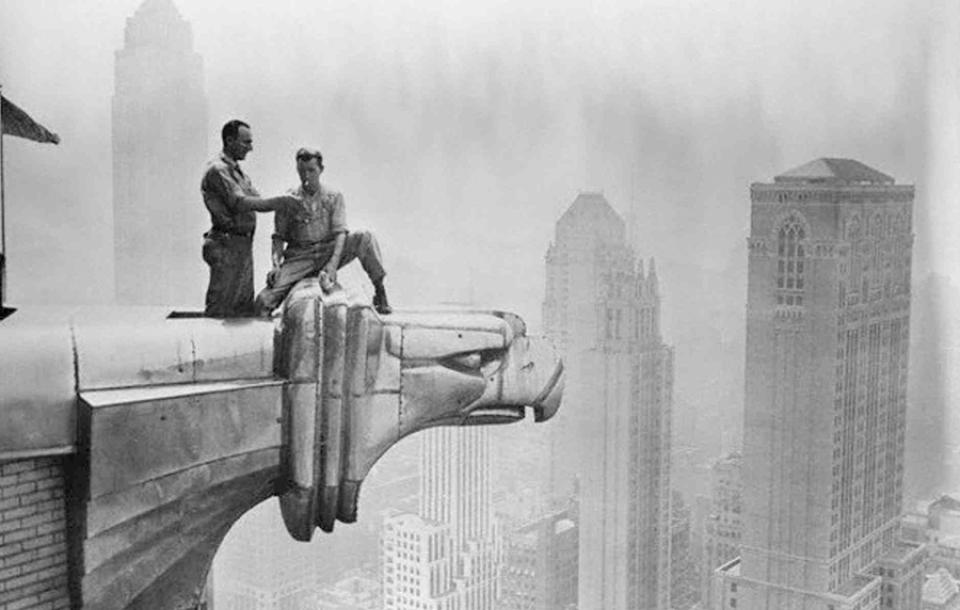
The story of Metropolis is set around the year 2027: at the time this was the distant future; now, it’s disturbingly close. The world is divided into the Thinkers, who lead peaceful lives above ground, and the Workers, a miserable mass that does all the work deep beneath the surface. The film is a monumental masterpiece, full of expressionist, religious and socially utopian ideas, shot in a beautifully stylised manner against exceptionally large backdrops.
The workers in a gigantic underground factory city rise up against the ruling intellectual class, threatening to destroy the glorious city on the surface. Freder, the son of the supreme ruler, tries to avert a catastrophe with the aid of the prophetess Maria. The ruling class is keen to nip the impending revolt in the bud and builds a robot that has the same appearance as Maria.
The original soundtrack to the film was composed by Gottfried Huppertz. With his romantic orchestral style and Wagnerian leitmotif technique, he emphasised the film’s anti-modern side. This work soon disappeared from view to make way for a new musical assault…
1984: Giorgio Moroder and his disco beats
In 1984, the Italian producer Giorgio Moroder gave the film an upbeat disco soundtrack. In order to prevent his synthesizers from seeming out of place, he had the black-and-white images colourised in garish tones and even convinced Freddie Mercury to take part. It is partly due to the presence of these pop artists that Fritz Lang’s expressionist images are burned onto our cultural retina.
1995-2021: The Martin Matalon era
In 1995, the IRCAM (Institut de Recherche et Coordination Acoustique/Musique) in Paris took the initiative of creating a new soundtrack. Metropolis was part of the Argentine composer Martin Matalon’s life for 25 years.
“Metropolis is a marvel of the visual arts in which each level is assembled by itself. The rhythm of the montage is breathtaking, the interplay of light and shadow, the settings, the entirety of the imagery often seemed to me to be music in itself.” – Martin Matalon
Matalon has reworked his initial version numerous times up until 2021. The result is an ingenious alliance between the film and a composition that combines a classical orchestra with electronics. Precisely because Metropolis is an unrestrained blend of high and low culture, Matalon opted for both traditional orchestral instruments and the timbres of jazz or salsa, for example. In this way the new soundtrack explores the parallels and contrasts between different worlds, translated by the images and music – sometimes together, sometimes separately, at one moment on the screen and the next solely in the listening experience.
Would you like to discover other film concerts in Bozar? Make your choice from the programme below.
